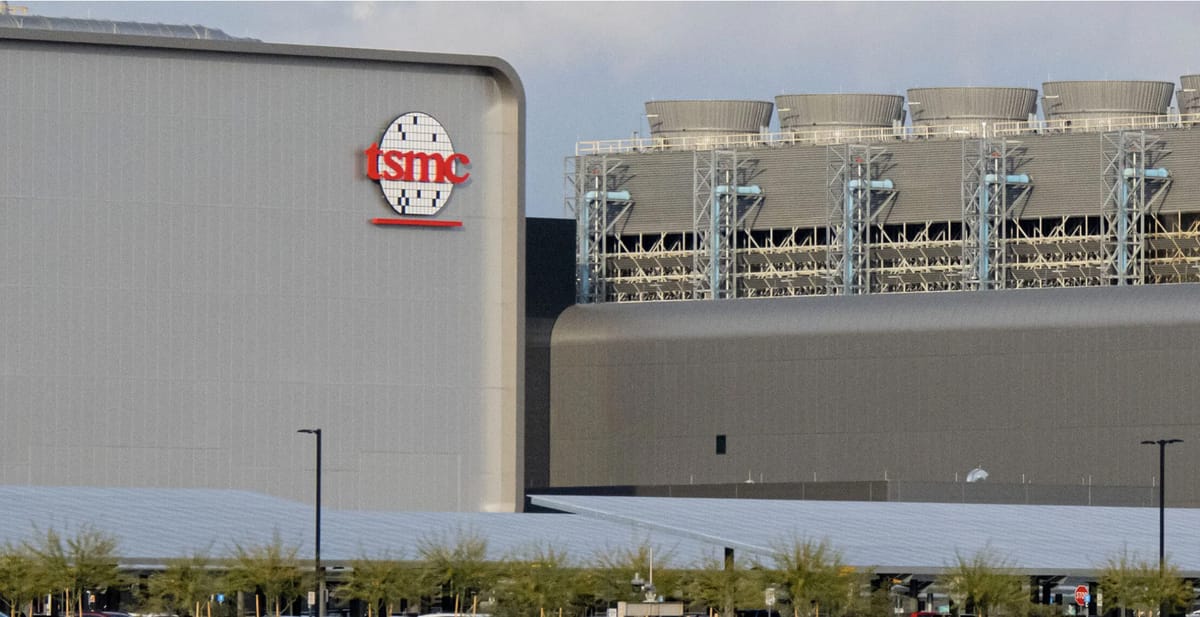
The Biden administration finalized a $6.6 billion grant agreement with Taiwan Semiconductor Manufacturing Company (TSMC) on Friday, marking a historic push to bring advanced chip production to American soil.
Why it matters: This represents the largest foreign investment in a new U.S. manufacturing project ever, with TSMC committing $65 billion to build three cutting-edge chip factories in Phoenix.
The big picture: You'll soon see the most advanced semiconductors being made in America for the first time in decades. These chips power everything from your smartphone to AI systems.
By the numbers:
- TSMC will receive up to $6.6 billion in direct grants
- An additional $5 billion in low-cost government loans
- Expected $1 billion initial payment by year-end
- Three factories planned for completion by 2030
What's happening: TSMC will manufacture 2-nanometer chips - the world's most advanced semiconductor technology - at its second Arizona facility, expected to begin production in 2028.
Commerce Secretary Gina Raimondo emphasized the deal's significance: "It's impossible to overestimate how significant this announcement is for American national security and economic security."
Behind the scenes: The agreement includes specific requirements for TSMC:
- No stock buybacks for five years
- Profit-sharing with the U.S. government
- Meeting project milestones to receive funding
What's next: The Commerce Department is racing to finalize similar agreements with Intel ($8.5B), Samsung ($6.4B), and Micron ($6.1B) before the presidential transition in January.
TSMC CEO C.C. Wei said the funding will help "accelerate the development of the most advanced semiconductor manufacturing technology available in the U.S."

